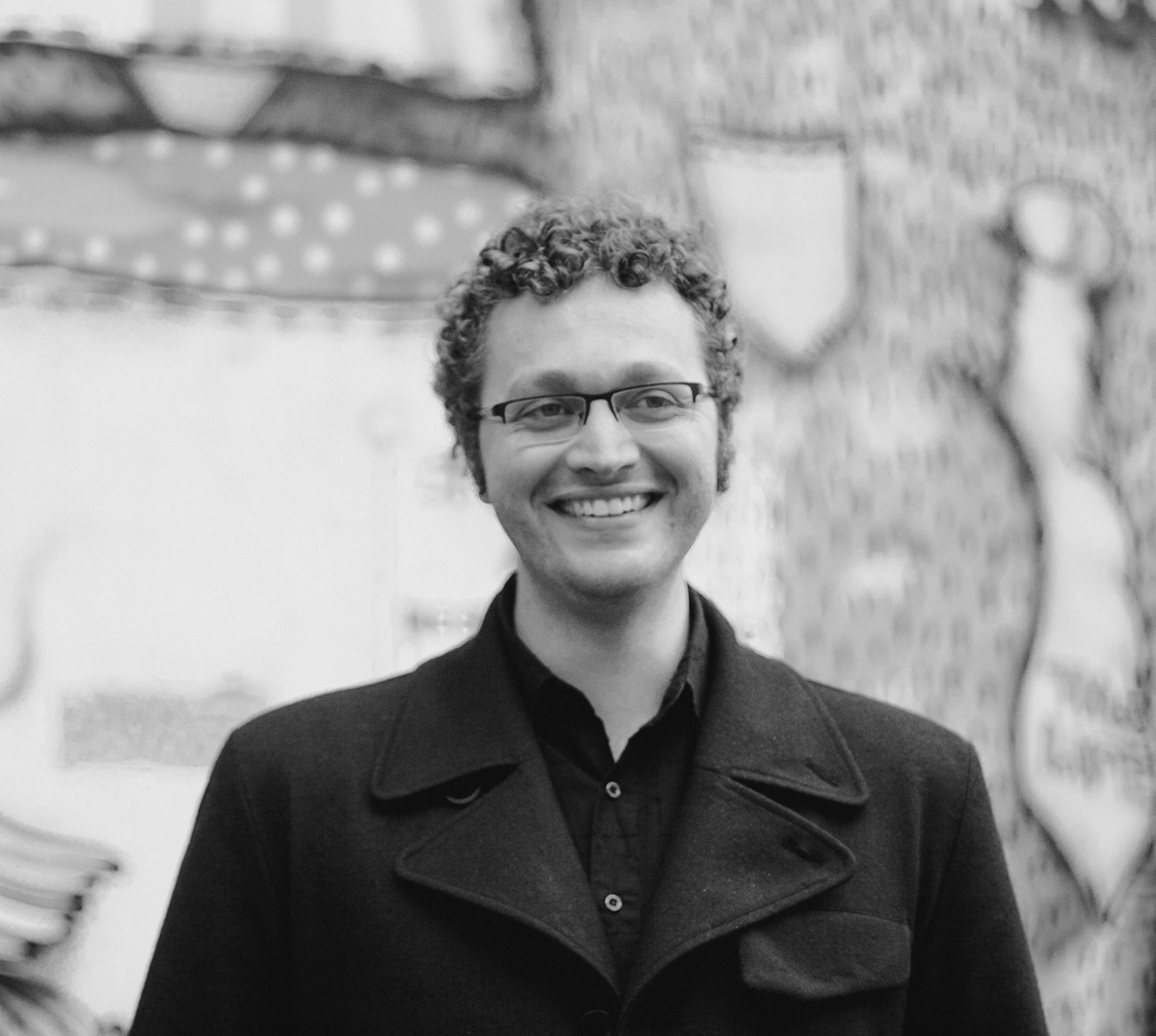
Joshua draws deeply on his background growing up around ashrams, and early exposure to meditation and deep spirituality alongside analytical skills as a programmer. This has framed how he views his future. He has calculated how many years and months he is likely to be alive and aims to maximise his contribution.
He focuses on his current habits and how they prepare him to navigate his future.
‘I don’t have a long-term plan. I think more about habits. I’m not very goal oriented. There are so many times I’ve seen the future diverge from what I thought would happen, that I feel goals aren’t useful in the long term. There is a real sense that the future I inhabit is the one I create now, but it’s not going to be “I want to achieve this by that date,” or “I’m going to climb that mountain” or “close that deal”. It happens naturally when I get excited about something. What I focus on is much more about what I am doing every day that will support the future I want to see. Exercise, health, food, friends, work… all those kinds of things.’
Drawing the most out of each day in order to prepare for the future means he is always reflecting.
‘I’m passionate about constant reflection and constant improvement and oh, why didn’t I go to the gym that day? Learning more about how I work, so that I can set up habits which make the future as good as it can be.’
Preparing for the future is about becoming better at learning so he is able to adapt and flourish in what his future presents.
‘I’ve grown a lot more passionate about learning and education in the last couple of years, and about just what do I learn, how do I learn it, what am I learning now and why? Then I think about investing in relationships and reputation. It’s a case of, what’s the game plan there, and what’s the life I want to lead there? It’s mostly about building finances or building skills or building assets you can leverage. That’s growing capability to deploy on whatever makes sense in the future. Often I think a lot more about preparation and planning. It’s about, how can I show up to whatever the future brings and have the best chance of contributing something of value?’
Joshua’s view of the future of technology is that the ability to learn will be the critical success factor. ‘Technology. It’s going to change fast and it’s going to change the shape of the world. It already is and it will do so more. I would say become fluent in learning and actually always be learning something.’
He sees investing in relationships, in particular, as an investment in his future. He knows that it takes a team to get a good idea off the ground, and trusted relationships are key to this. He also has a plan to make his friends rich so they can invest in future projects.
‘Enspiral’s very consciously designed to be a place where people could meet their future co-founders. There’s a lot of people in that group who I’d happily work with on very fun things, important things, and they’re more likely to jump in now because of all the work I’ve done just helping them succeed.
‘One of my favourite things at the beginning of Enspiral was that getting investment for your business is hard. The best way to do it is to have rich friends. It’s not that great to go and make friends with rich people just because you want their money—that won’t work very well—but if you can make all your friends rich, it doesn’t matter about your own personal wealth. It matters much more about the wealth of my wider community, who can quickly swarm on things worth investing in. It turns out it takes a long time to make your friends rich, and I’m still working on it. But I think the strategy overall is a sound one.’
-
Find a copy of the Don’t Worry About the Robots here.




